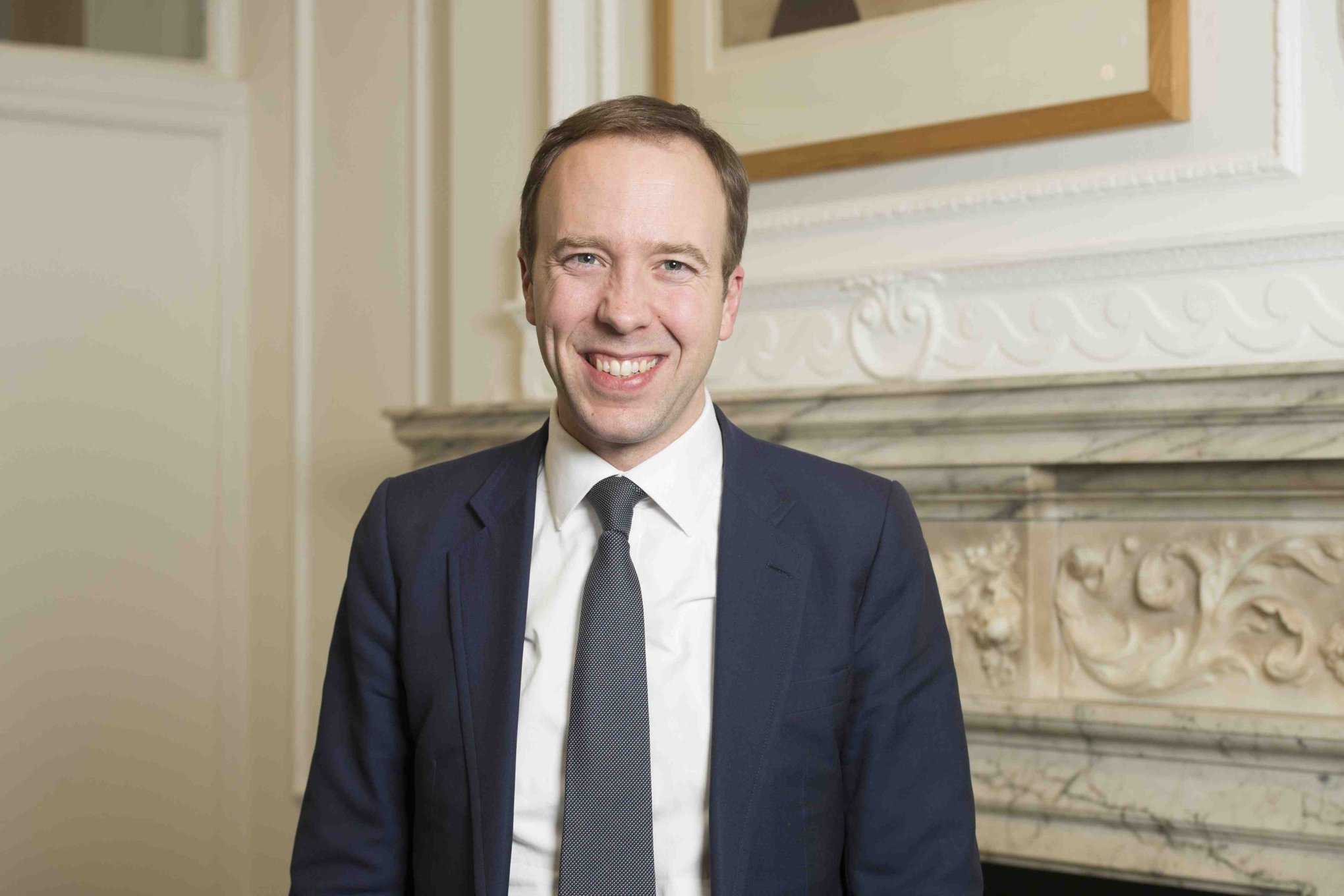
A new Long-term Plan for England’s NHS has been unveiled, with a £20.5bn settlement funding spending growth of 3.4% over the next five years, and a strategic plan stretching out over 10 years.
This means the NHS budget in England will increase in cash terms by £33.9 billion, rising to £121bn in its next financial year and then growing at the same rate for the following four years.
This 3.4% real terms annual increases over the next five years are more than under the coalition and Conservative governments, but no more than the long term average for the NHS, and won’t eliminate deep deficits in hospital trusts around the country.
For that reason, NHS leaders are urging realism from politicians about what can be achieved over the next 5-10 years, especially as the budget for the second half of the period is not yet agreed.
All sides agree that significant efficiency savings will need to be made to free up resources to invest in the transformation of services. One of the biggest barriers to transformation and improvement is an acute shortfall in staff: over the past year, on average one in 11 NHS posts in England were vacant, a total of more than 100,000 staff in a workforce of 1.2 million.
- The Long-term Plan is split into seven sections:
- A new service model for the 21st century
- NHS action on prevention and health inequalities
- Quality and outcomes
- Workforce
- Digitally-enabled care
- Efficiency
- Next steps (including possible legislative change)

Health secretary Matt Hancock
Health secretary Matt Hancock unveiled the Plan to Parliament yesterday, and highlighted the shift in its goals towards prevention and wellness, and towards integration of health and social care.
“At the heart of this plan is the principle that prevention is better than cure. In the future, the NHS will do much more to support people to stay healthy, rather than just treat them when ill,” he said.
The Plan will focus on the most common causes of mortality, including cancer, heart disease, stroke and lung disease, and the NHS will be tasked with taking a more active role in helping people to cut their risk factors: stopping smoking, losing weight and reducing alcohol intake.
There are also a wealth of other specific initiatives included in the Plan, including improving mental health services, primary care and emergency care.
Niall Dickson, chief executive of the NHS Confederation, which represents organisations across the healthcare sector, said it heralds “an end of austerity for the NHS,” He welcomed plans to improve a range of services, from maternity care, children’s services, cancer care, to mental health and heart disease, as well as significant new investment in community care, digital technology and greater emphasis on prevention.
“We very much welcome the increased funding for the NHS and the vision to strengthen and improve services. But the plan cannot escape the harsh reality that the NHS will still face tough decisions on what it can and cannot do,” said Dickson.
“Our plea is that politicians be honest about the trade offs that will be required and that we are realistic about what can be achieved given the ever increasing demands of an ageing population…this is not about miracles – money will be tight and staffing will remain a headache for years to come. Getting a long term strategy for the NHS workforce is crucial.”
Health think tank The King’s Fund welcomed the Plan, and said NHS leaders (who drafted the plan) should be applauded for focusing on improving services outside hospitals and moving towards more joined-up, preventative and personalised care for patients.
However it said a number of decisions – notably on hospital waiting times – have been postponed, indicating that trade-offs and difficult choices lie ahead.
The government has also repeatedly delayed its Green paper policy document on social care, although it says it will now be published shortly. Cuts to local government funding for public health services in recent years have hit social care, with the NHS taking up much of the slack.
UK pharma industry response
The new Long-term Plan coincides with the launch of a new five year Voluntary Pricing and Access Scheme (VPAS) covering branded medicines in the UK.
There isn’t much mention of medicines in the Plan and where they fit into the long-term vision for the NHS, however, despite them being the second biggest area of NHS expenditure after staffing costs.

ABPI chief executive Mike Thompson
Mike Thompson, chief executive of the ABPI, nevertheless welcomed the announcement, saying:
“The ABPI welcomes the NHS Long Term Plan’s ambition to save lives and improve patient outcomes through investing in innovation to prevent, detect and treat disease.
“We are excited by the focus on personalised medicine and genomics, where our industry can play a leading role in accelerating the benefits these advances offer to patients, the NHS and UK life sciences competitiveness.”
He also hailed the introduction of the VPAS, saying it “should see the most transformative and best value medicines made available on the NHS more quickly through better horizon scanning, earlier commercial dialogue, and faster appraisals from NICE.”
Thompson added that the industry will also be working with the NHS to deliver the commitments in the Plan to tackle inappropriate variation and improve the UK’s clinical research capability, in line with the government’s Life Science Sector Deal 2.




